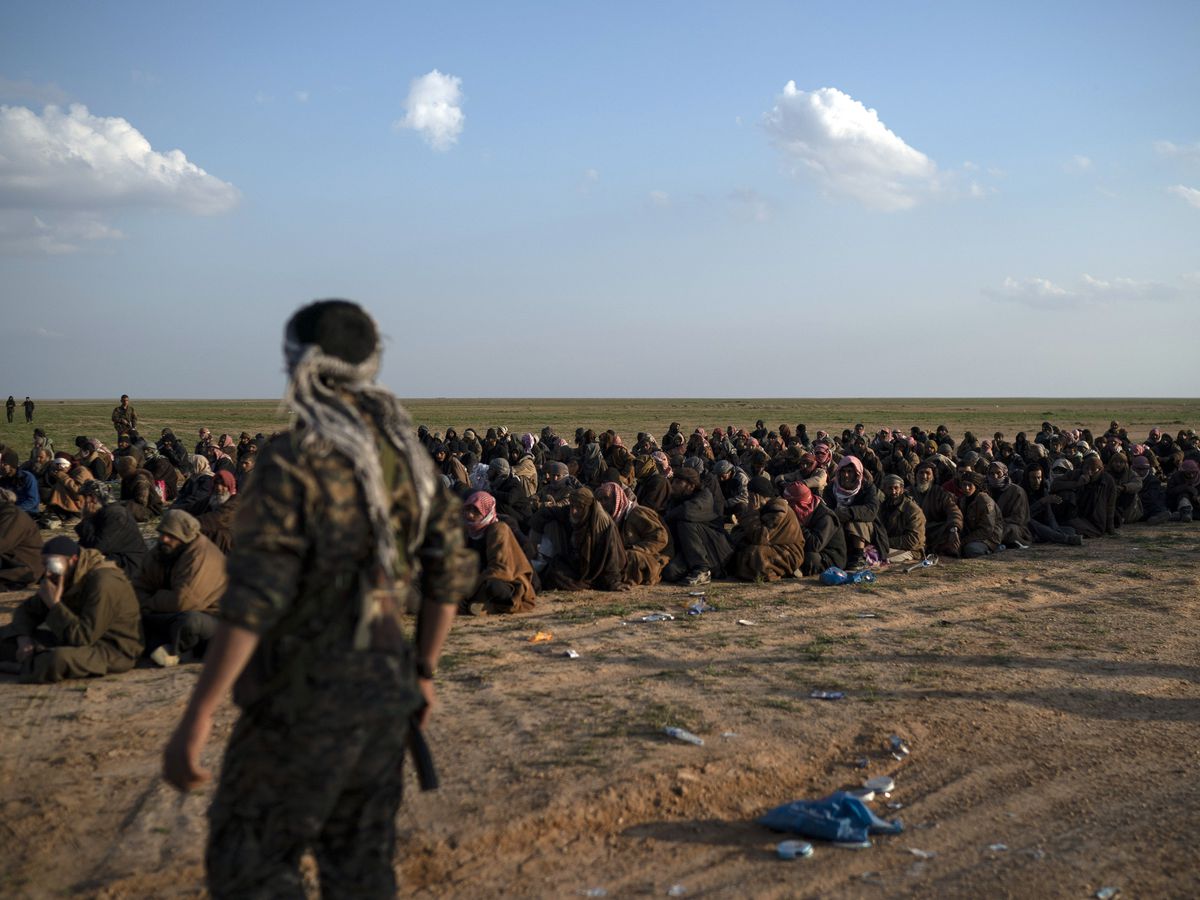Female Foreign Terrorist Fighters: Challenges in Repatriation, Prosecution, and Rehabilitation
(New York, N.Y.) – Since the 2019 fall of ISIS’s so-called “caliphate” in Iraq and Syria, many countries have been faced with the challenge of repatriating female foreign terrorist fighters (FTFs) who traveled to the region to participate in the conflict. In its new analysis report, Female Foreign Terrorist Fighters: Challenges in Repatriation, Prosecution, and Rehabilitation, the Counter Extremist Project (CEP) examines the ways in which female FTFs were radicalized; the evolving nature of their repatriation and prosecution; and the differing methods of rehabilitation and reintegration in Australia, Belgium, France, Germany, Ireland, the Netherlands, Sweden, the United Kingdom, and the United States.
Following the territorial defeat of ISIS, an estimated 1,840 to 1,912 total FTFs returned to Western Europe and another 59 returned to the United States. Thus far, approximately 209 female FTFs have returned to the above listed nine countries. Originally, women who traveled to Syria were generally considered “ISIS brides” and were charged and prosecuted leniently in comparison to their male counterparts. Although evidence has suggested that criminal justice systems have steadily began to treat women as violent extremists in the full sense of the word, they have been slower to provide adequate repatriation, rehabilitation, and reintegration support for women seeking to return to their home countries.
Nations across Europe as well as Australia and the United Kingdom have demonstrated increased hesitation towards actively repatriating female FTFs, despite encouragement from the United States, due to heightened concerns of recidivism and domestic security.
As the report demonstrates, repatriation is an important aspect of breaking the cycle of extremism. It serves as a crucial way for security services to monitor and regulate individuals who they believe to pose a risk to national and global security in the long run. By delaying the repatriation of female foreign fighters, governments’ rehabilitation and reentry programs will face a greater challenge in dispelling hardened extremist beliefs. It is vital that governments not only charge and convict female FTFs as appropriate, but also provide the necessary rehabilitation support to mitigate or eradicate any potential future risk.




